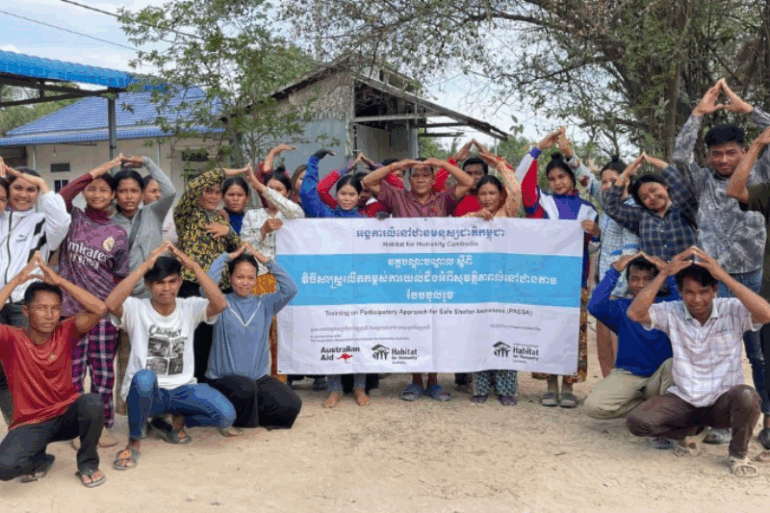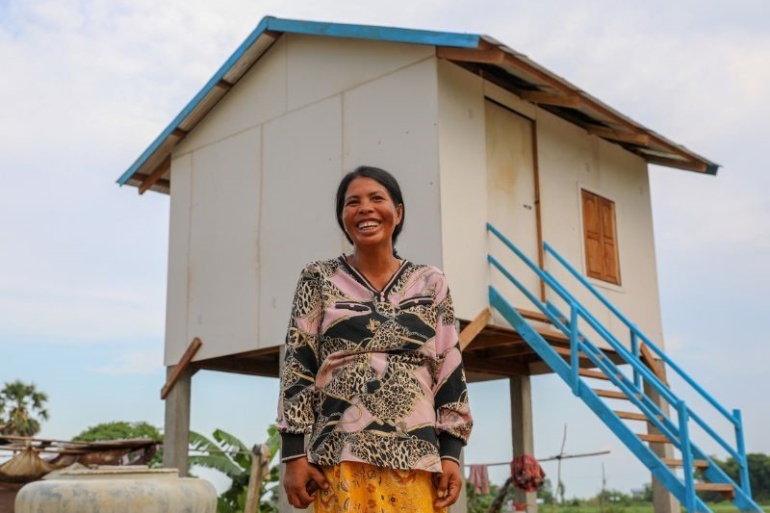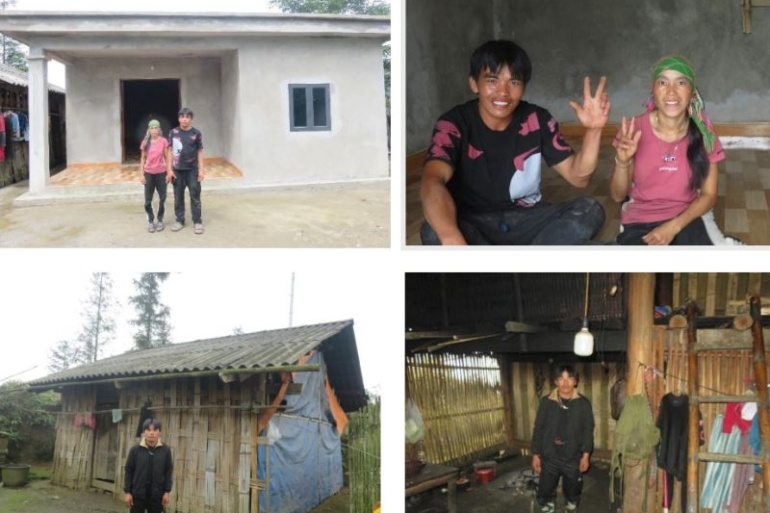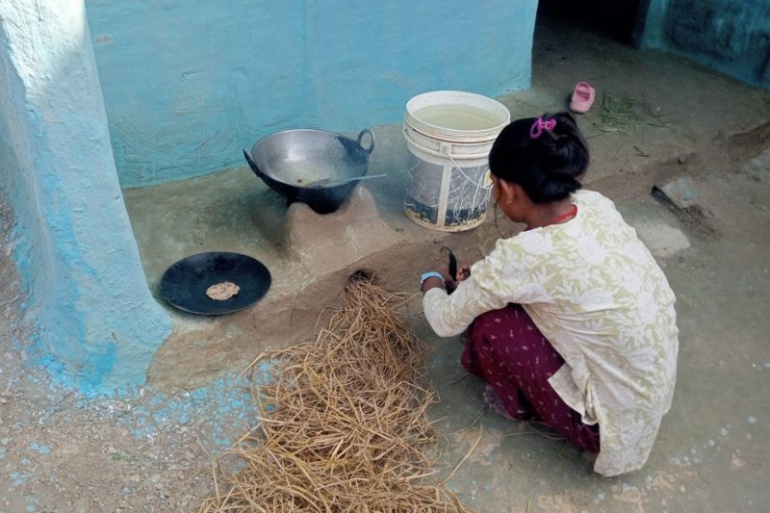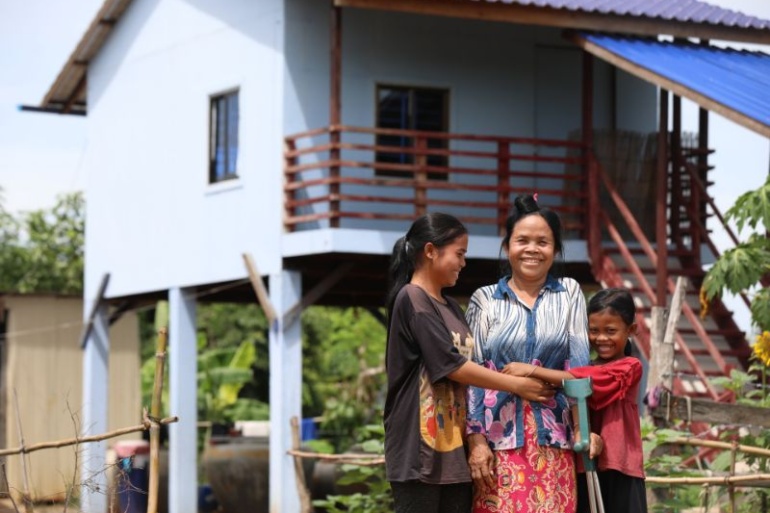the world has witnessed a sharp increase in the frequency and severity of disasters.
Over the last few decades, the world has witnessed a sharp increase in the frequency and severity of disasters. Unfortunately this trend is set to continue as a result of growing population pressures, unplanned urbanisation, climate change and environmental degradation.
Vulnerable communities in developing countries are disproportionately affected by disasters which leave people impacted even more prone to future shocks. When disasters strike, schools close, livelihoods are destroyed and community infrastructure is damaged. Families living in poorly built, unsafe housing must then also invest time and money to repair or rebuild, depleting their meagre savings and setting them back from moving out of poverty.
It is widely acknowledged that climate change will exacerbate climate induced disasters. The Intergovernmental Panel on Climate Change (IPCC), states that an increase in average temperatures of 1.5 degrees Celsius will affect sea levels, increase the voracity and occurrence of natural disasters, prolongs drought and rainfall, and put pressure on food and water resources.
When disaster strikes, Habitat is prepared to respond. After a disaster, we provide emergency relief, as well as ongoing recovery and rehabilitation programming. Our work is long term and focuses on building back better so that houses are more resilient to withstand future disasters.
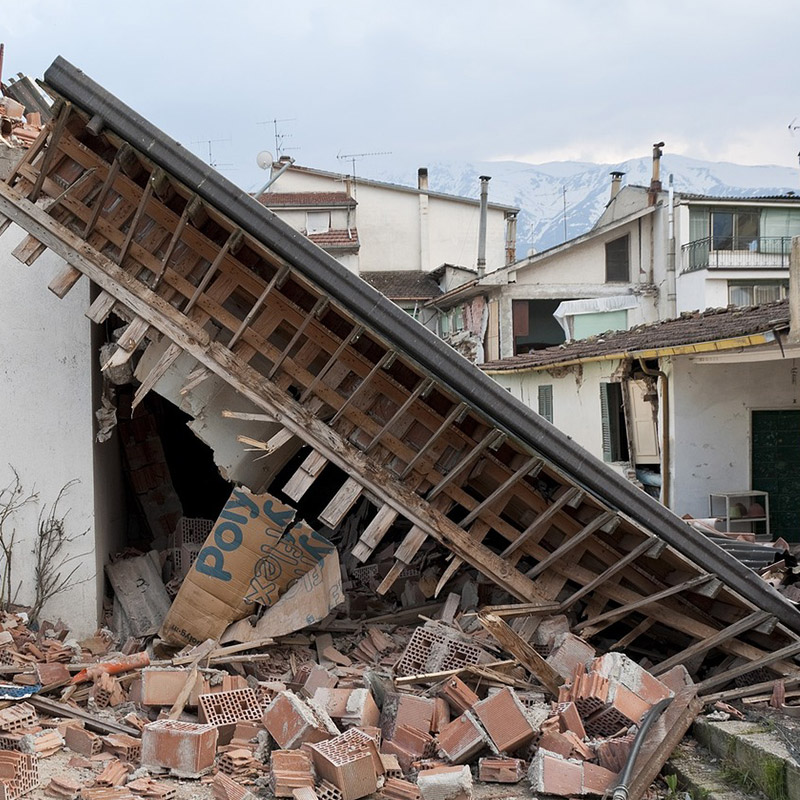
Habitat for Humanity Australia recently worked with the DFAT Australian Humanitarian Partnership’s Disaster Ready program to produce Shelter Emergency Handbooks with disaster response actors across the Pacific. This project spans a four-year period, completed in late 2022. Our key projects took place in Fiji, Vanuatu and the Solomon Islands and involved extensive research with a wide variety of local and international stakeholders, along with strong community engagement. The result was the establishment of country specific shelter guidelines to ensure each country is prepared to deliver inclusive and effective shelter response activities following disasters such as climate emergencies.


